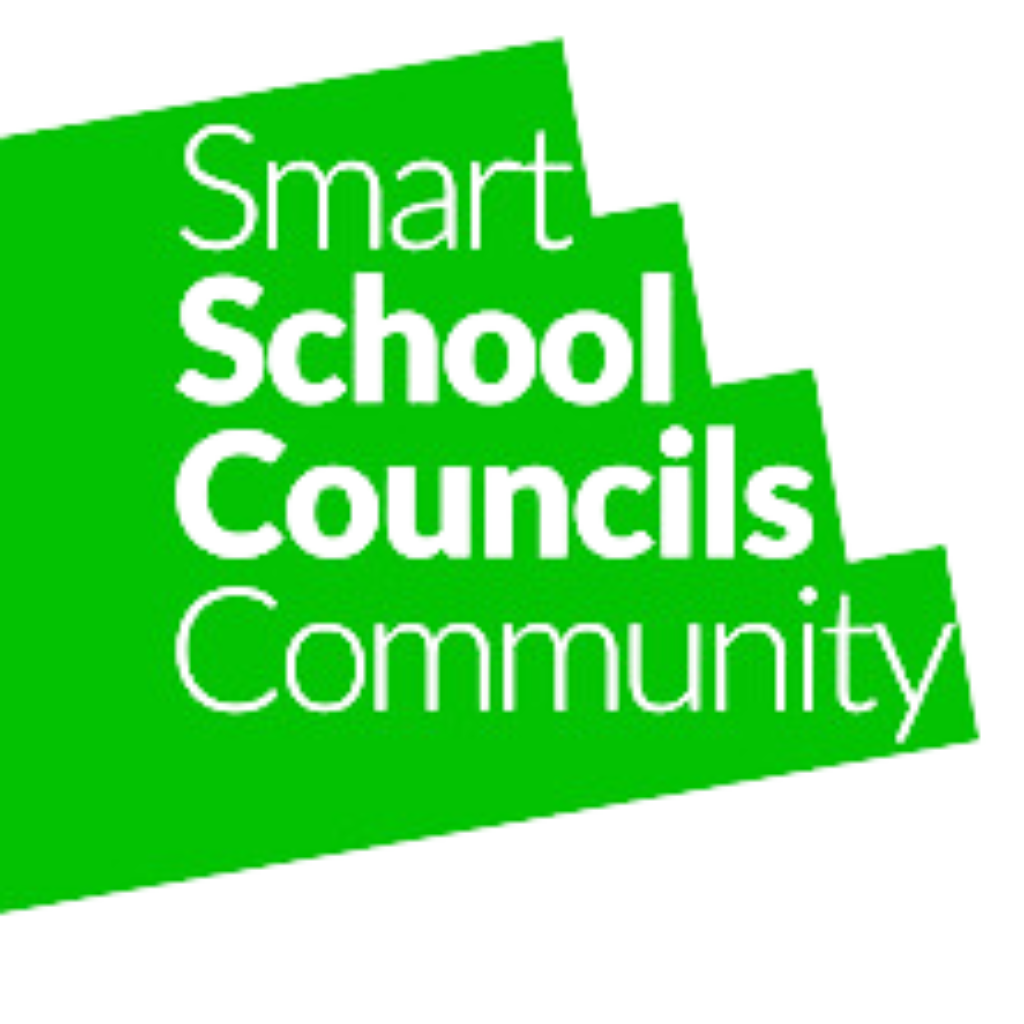Bridging the Gap: The Positive Role of Gender Equality in School Councils
In the quest for a more inclusive and equitable approach to pupil voice, our attention often gravitates towards the areas where improvement is needed. However, it's equally vital to celebrate the successes, no matter how small, that move us closer to a more democratic education system.
Building upon the thought-provoking research presented by Isabel Kempner in her book "School Councils - Democratic Forums or Exclusive Clubs?", we have some uplifting findings to share. While Kempner's work highlights significant disparities related to social background and educational aspirations, it also unveils a silver lining when it comes to gender.
A Closer Look at the Data
Kempner's research employs a multifaceted analytical approach. It starts with descriptive statistics, shedding light on the frequency of school councils across various countries and types of schools. The study then advances to a more complex analysis using multilevel regression models to discern the impact of independent variables on the level of participation in school councils.
A Silver Lining: Gender Equality
Among these independent variables, gender stands out as a positive predictor. The data suggests that participation in school councils is fairly balanced between boys and girls. This raises the question: could this be due to schools stipulating the inclusion of at least one boy and one girl from each class? Regardless of the reason, this is an encouraging indicator for those who advocate for equal representation and inclusivity in educational settings.
Time to Celebrate, but Not to Rest
The positive takeaway regarding gender serves as a reminder that progress is being made, albeit slowly, in certain domains. It's a glimmer of hope and a reason to remain optimistic. Yet, this finding should not detract from the significant work still required in other areas, such as social background and educational aspirations, to make school councils truly inclusive and equitable for all.
Let us hold onto this good news as fuel for the continuous effort to make every student's voice heard, valued, and considered in our schools.
Smart School Councils, a charity devoted to establishing an inclusive approach to pupil voice, invites you to join this vital conversation. Your thoughts and opinions can help shape a more equitable future for all students.
Stay tuned for more insights as we continue to explore the complexities of pupil voice and school councils.
